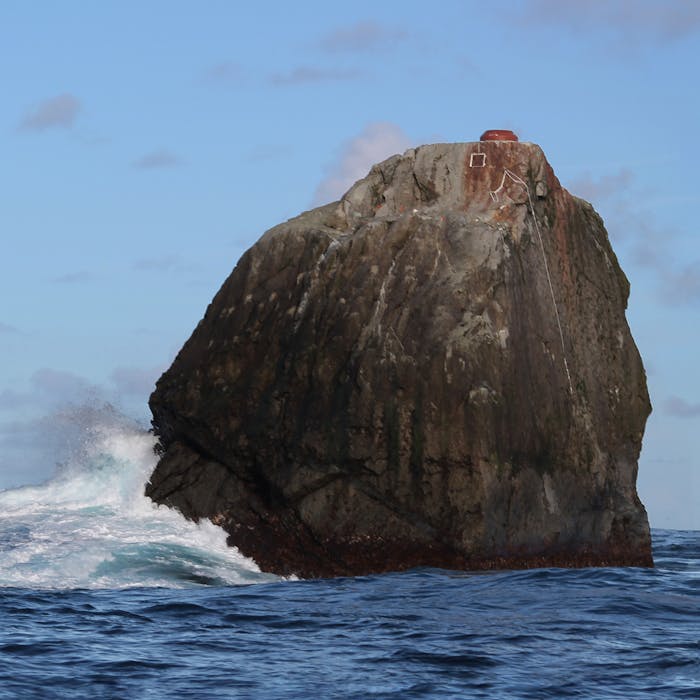
Rockall - a tiny disputed territory
Rockall is an uninhabitable granite islet situated in the North Atlantic Ocean (and a familiar name from the shipping forecast). The United Kingdom claims that Rockall lies within its exclusive economic zone and is part of its territory, but this claim is not recognised by several neighbouring countries.
In the 20th century, Rockall's location became relevant due to potential oil and fishing rights that might accrue to a nation recognised as having a legitimate claim to it. The nearest permanently inhabited place is North Uist, an island in the Outer Hebrides of Scotland, 370 kilometres to the east.
The British navy annexed the rock in 1955 by hoisting the Union flag and cementing a brass plaque on its storm-washed summit.
The reason for this was supposedly to prevent Rockall from being used as a base for the Soviet Union to spy on the United Kingdom’s missile tests. Many in Britain found the episode faintly ridiculous. Satirists Michael Flanders and Donald Swann captured the public’s bemusement in a loving ditty:
We sped across the planet
To find this lump of granite
One rather startled gannet
In fact, we found Rockall.
The 1972 Island of Rockall Act, passed by parliament in Westminster, formally declared Rockall to be part of Inverness-shire. The UK, however, is not the only state laying claim to the area. Ireland, Iceland and Denmark (on behalf of the Faroes) have also lodged overlapping claims. In recent years there have been international disputes between Ireland and Scotland over the rich fishing around the rock.
Rockall is at least 52 million years old, the battered remnant of an extinct volcano. As high as a four-story building and slightly wider than a city bus, the seamount only began appearing on navigational charts in 1606. Fewer than 20 people are confirmed to have landed there, only a slightly higher number than the number of people that have set foot on the moon.
Further reading
Links to external websites are not maintained by Bite Sized Britain. They are provided to give users access to additional information. Bite Sized Britain is not responsible for the content of these external websites.
